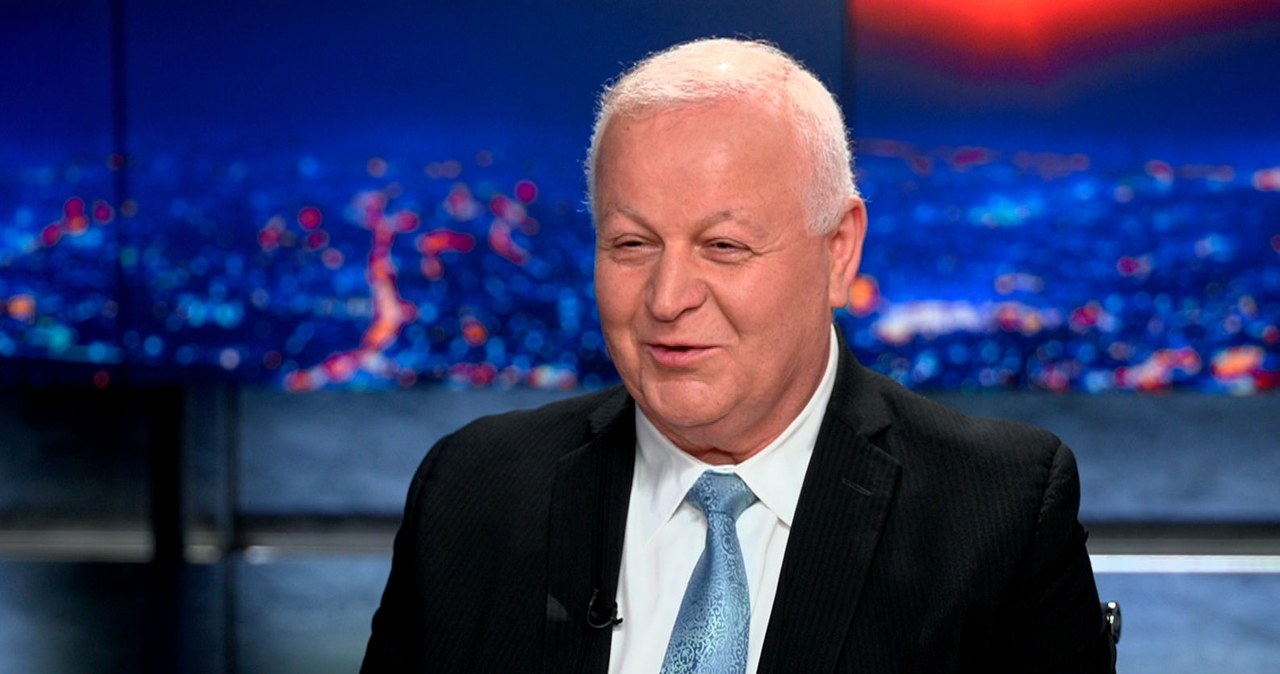NHS managers who silence whistleblowers will be banned from taking up other senior health service roles under new Government proposals. The Department of Health and Social Care (DHSC) announced the measures will ensure those who commit serious misconduct can no longer work in senior NHS management positions.
Legislation is set to be put forward to Parliament next year to introduce professional standards and regulation of NHS managers. Tens of thousands of clinical and non-clinical managers work in the NHS but there is currently no regulatory framework specifically for managers, as there is for doctors and nurses.
Streeting promises tough enforcement
Health Secretary Wes Streeting said the reforms will "slam the door in the face of unsuitable managers". He added: "I'm determined to create a culture of honesty and openness in the NHS where whistleblowers are protected, and that demands tough enforcement."
Streeting emphasised the zero-tolerance approach: "If you silence whistleblowers, you will never work in the NHS again." He said the Government must create conditions where staff are free to come forward and sound the alarm when things go wrong.
Ending the revolving door
The Health Secretary criticised the current system that allows problematic managers to move between roles. "Protecting the reputation of the NHS should never be put before protecting patient safety," Streeting said.
He added: "Most NHS leaders are doing a fantastic job, but we need to stop the revolving door that allows managers sacked for misconduct or incompetence to be quietly moved to another well-paid role in another part of the NHS." DHSC said a public consultation launched in November last year received more than 4,900 contributions on ways managers and leaders could be regulated.
New statutory powers proposed
The statutory barring system will apply to board-level directors and their direct reports within NHS bodies. Further legislation will set out new statutory powers for the Health and Care Professions Council to disbar NHS leaders in senior roles who have committed serious misconduct.
Separate NHS England professional standards for managers will establish a "consistent, national set of expectations about NHS management and leadership competency and conduct", DHSC said. The measures aim to create accountability that has been lacking in senior management roles.
Expert backing for reforms
Tom Kark KC, author of the Kark Review into the effectiveness of the fit and proper person test within the NHS, welcomed the announcement. "I am pleased that the recommendation made in my report into the application of the NHS fit and proper person test to create a power to disqualify board directors found guilty of serious misconduct is being implemented," he said.
Kark described the move as "a positive step to strengthen management in the NHS by weeding out poor leadership". He added: "This is good news for whistleblowers and those looking for accountability in senior management which has long been lacking."
Patient groups support measures
Rachel Power, chief executive of the Patients Association, said patients expect NHS managers "to be held to the same high standards as clinical staff, and that should include consistent regulation". She described a clear, fair process to prevent those who commit serious misconduct from returning to senior roles as "an important step forward".
Sam Allen, NHS national director for leadership and management, said: "Managers will welcome this new regulatory framework, as part of the broader package of actions set out in the plan to attract, develop, and retain the best possible leaders for the NHS of today and tomorrow."
(PA) Note: This article has been edited with the help of Artificial Intelligence.









